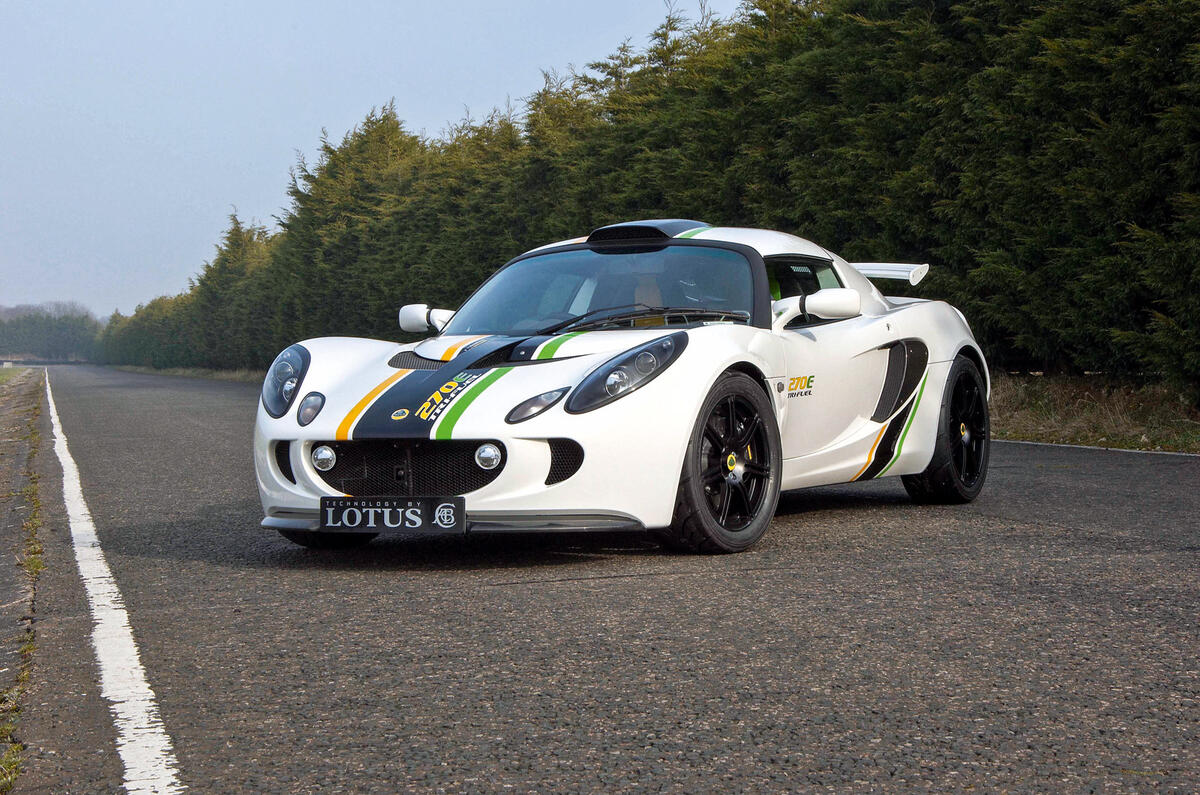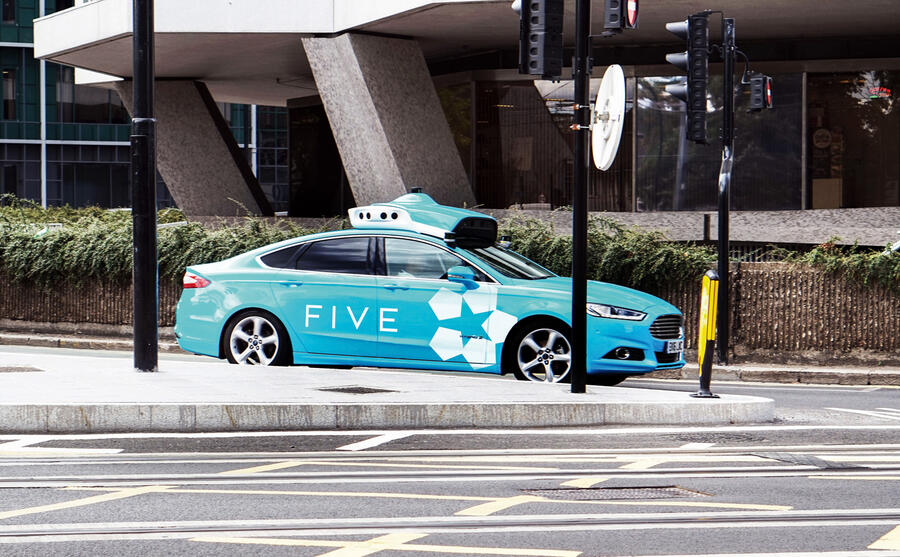Pretty much everything is on the table when it comes to how cars will be powered in the not too distant future.
Although batteries may be the favourites for now, interest in carbon-neutral synthetic fuel has been revived in the past year or two, with Porsche one of its leading cheerleaders.
Some synthetic fuel processes have the potential to kill two birds with one stone, not only producing carbon-neutral fuels but also removing CO2 from the atmosphere at the same time.
One of those is the production of methanol created by triggering a chemical reaction between sustainably produced hydrogen and CO2 in the atmosphere using a process called Direct Air Capture (DAC).
Canadian company Carbon Engineering has been doing this since 2015 and says it’s in the process of establishing plants capable of capturing one million tonnes of airborne CO2 per year, equivalent to 40 million trees.
In the UK, the University of Surrey has been awarded £250,000 by the Engineering and Physical Sciences Research Council to fund a project aimed at producing carbonnegative methanol from DAC.
Methanol has been championed on and off for many years as an alternative fuel. In the late 1990s, the Mercedes-Benz fuel cell teams (as part of Daimler-Chrysler) were convinced that the fastest way to get fuel cell electric vehicles out there was not by shipping hydrogen but methanol.
All that would be required was to fi t liners to the existing underground petrol tanks of fi lling stations and upgrade the pumps to handle methanol, which could be delivered by road tankers like petrol and diesel. Reformers would extract hydrogen from the methanol on board the car to feed the fuel cells and drivers would pump methanol like petrol.
The German engineers weren’t alone in thinking methanol had potential. In 2006, Nobel Prize winner George Olah wrote the book Beyond Oil and Gas: The Methanol Economy, which explained the benefits of a methanol economy, predicting the climate crisis that’s now well understood.
In 2008, visionary engineer James Turner, then head of advanced powertrain at Lotus Engineering, and his colleague Richard Pearson developed the Exige 270E Tri-Fuel prototype, based on the supercharged Exige S, capable of running on either petrol, ethanol or methanol.
The cooling effect of the alcohol increased the density of the intake air, and although carrying less energy by volume than petrol, alcohol also has a higher octane rating, so the net result was a rise in power from 240bhp of the standard car to 270bhp. Turner put the additional manufacturing cost of the car at the time at a measly £40.









Join the debate
Add your comment
Look, if we can really make fuel from extracting co2 from the air, using only surplus wind or solar energy and green hydrogen created in a similar way, then great. Hopefully this will work for the few heritage combustion engines cars that exist in 50 years time. In the meantime the economics will only add up for a very small number of people and businesses. That's fine I guess. Just don't pretend that it's a solution at any scale any time soon. As others have said, it's little more than a greenwashing distraction if not zero carbon.
To make a litre of sustainable fuel you need either an immense amount of energy or land. The land route (biofuels)doesn't work as we don't have anywhere near enough land in the world. You'd literally be stopping poorer people growing food to survive to have a small number of rich people diving. The pure energy route (which this article is mostly talking about) is better but isn't viable either unless you have unlimited green energy (so unlimited solar, wind etc). Currently each green kWh of green energy we do have is 10x better for the environment to be used to do things such as prevent coal power stations from running than used to make the SAFs in this article. The reason for this is that SAFs are so incredibly energy inefficient to make. There's many many processes requiring many many many power intense inputs.
In short, every litre of fuel is not only too expensive to be viable outside of greenwashing and media events - but it also not actually good for the environment: you are creating x10 the impact than using that energy to displace other things. It is literally better to continue burning fossil fuels and use the energy for those other much more sensible displacements.
We need to drive/fly less, and be sensible about where we use the small amount of green energy we have. SAFs do not have any justifiable future until pretty much every other industry/solution has enough green electricity to not be able to use... It's madness that aviation/car/fuel companies have been able to market this and everyone doesn't check the maths...
Well said, problem is this story will crop up again in 6 months despite no progress being made. Best save your comments and re post.